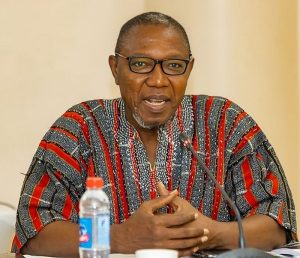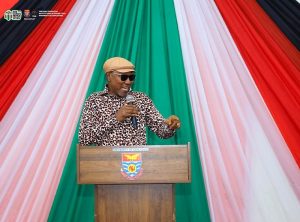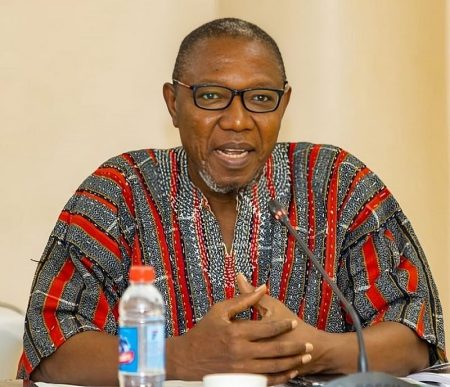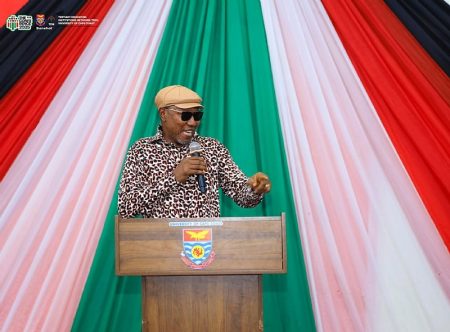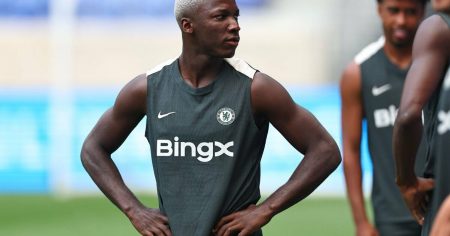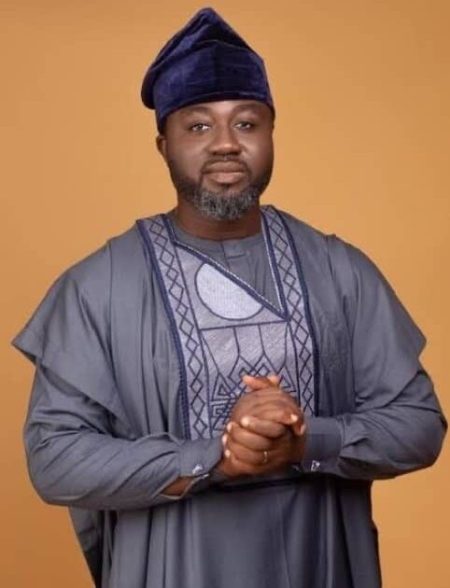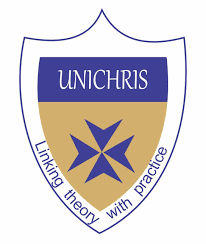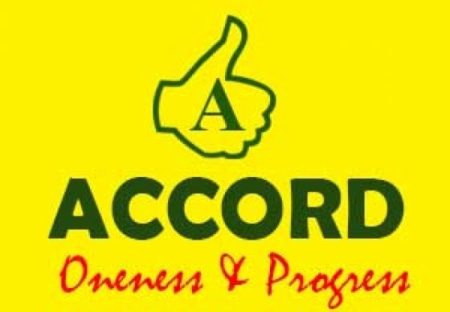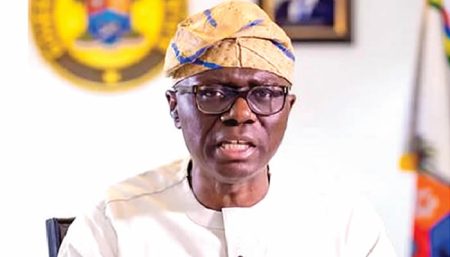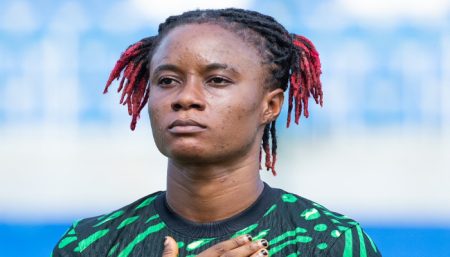Empowering Women Journalists for Gender-Sensitive Reporting: A Workshop at PUNCH Newspapers
A pivotal workshop titled “Report Her Right: Ethical Gender Reporting Workshop for Young Female Journalists” recently took place at PUNCH Place in Ogun State, Nigeria. Organized by Melony Ishola, Head of Programmes at PUNCH’s Video Unit and a 2025 Fellow of the Female Reporters Leadership Programme, the workshop aimed to enhance the skills of 12 young female journalists from PUNCH Newspapers in gender-sensitive reporting and newsroom leadership. The core focus areas of the training encompassed ethical storytelling, inclusive sourcing, and the critical importance of accurately representing women in media narratives.
Ishola underscored the significance of equitable women’s representation in news content, emphasizing the need to move beyond reductive lenses and subjective language that often stigmatize or objectify women. She stressed that media portrayals should reflect the multifaceted roles and contributions of women in society, avoiding stereotypes and biases that perpetuate harmful narratives.
Juliana Francis, Publisher of Security News Alert, urged participants to be intentional about inclusivity in their reporting. She highlighted how the absence of women’s voices in reports on critical sectors like politics, oil and gas, banking, and finance reinforces outdated notions of women’s capabilities. Francis cautioned against biased headlines that misrepresent or exclude women’s perspectives, emphasizing the importance of fair, accurate, and balanced reporting that reflects the complexity of issues and the diverse perspectives within them.
Tessy Igomu, Deputy Editor of PUNCH Weekend Titles, stressed the profound influence of media on public perception and policy. She noted how media narratives can either reinforce or dismantle harmful stereotypes, underscoring the responsibility of journalists to ensure accurate and balanced reporting. Igomu pointed out the persistent gender bias in storytelling and newsroom dynamics, highlighting how the marginalization or misrepresentation of women and other underrepresented groups undermines the media’s ability to truly reflect the societies they serve. Citing the Global Media Monitoring Project, she revealed that women constitute only 24% of individuals featured in print, radio, and television news globally, emphasizing the need for greater inclusion and representation. She encouraged participants to hone their skills in identifying gender bias in headlines and understanding how framing influences audience perception.
Sarah Ayeku, a broadcast journalist and Fellow of the Wole Soyinka Centre for Investigative Journalism’s Female Reporters Leadership Programme, lamented the insufficient attention given to women globally. She revealed that only 24% of subjects in news stories worldwide are women, with an even lower figure of 16% in Nigeria. Ayeku warned that excluding diverse voices in reporting leads to a loss of credibility and trust, inaccurate and incomplete stories, and the reinforcement of damaging stereotypes. She emphasized the crucial role of media in shaping public discourse and the importance of ensuring that women’s voices are heard and their perspectives are represented.
Naomi Chima, a participant in the workshop, resonated with the call for increased reporting on women and their experiences. She expressed her key takeaway from the training, emphasizing the power of her voice as a woman and her commitment to incorporating gender sensitivity into her reporting. Chima’s resolve reflects the workshop’s success in empowering young female journalists to become advocates for accurate and inclusive representation in media.
This workshop serves as a crucial step towards creating a more equitable and representative media landscape. By equipping young female journalists with the skills and knowledge to report on gender issues sensitively and accurately, the training empowers them to challenge stereotypes, amplify women’s voices, and contribute to a more balanced portrayal of women in the media. The emphasis on inclusive sourcing, ethical storytelling, and understanding the impact of framing ensures that these journalists can play a pivotal role in shaping public discourse and fostering a more just and equitable society. The workshop’s focus on leadership development further empowers these journalists to rise within their organizations and advocate for change within the newsroom, contributing to a more inclusive and equitable media industry.


